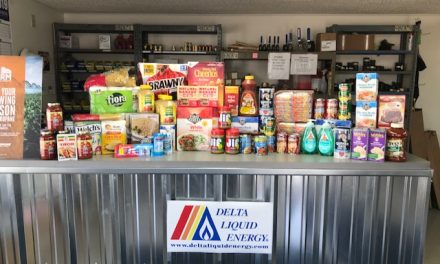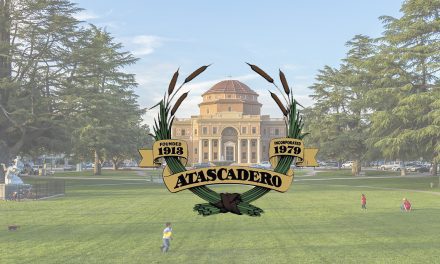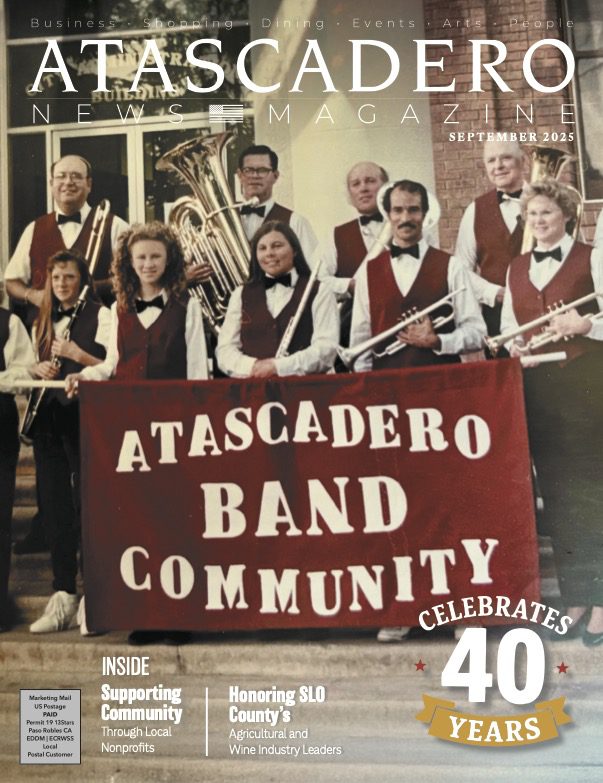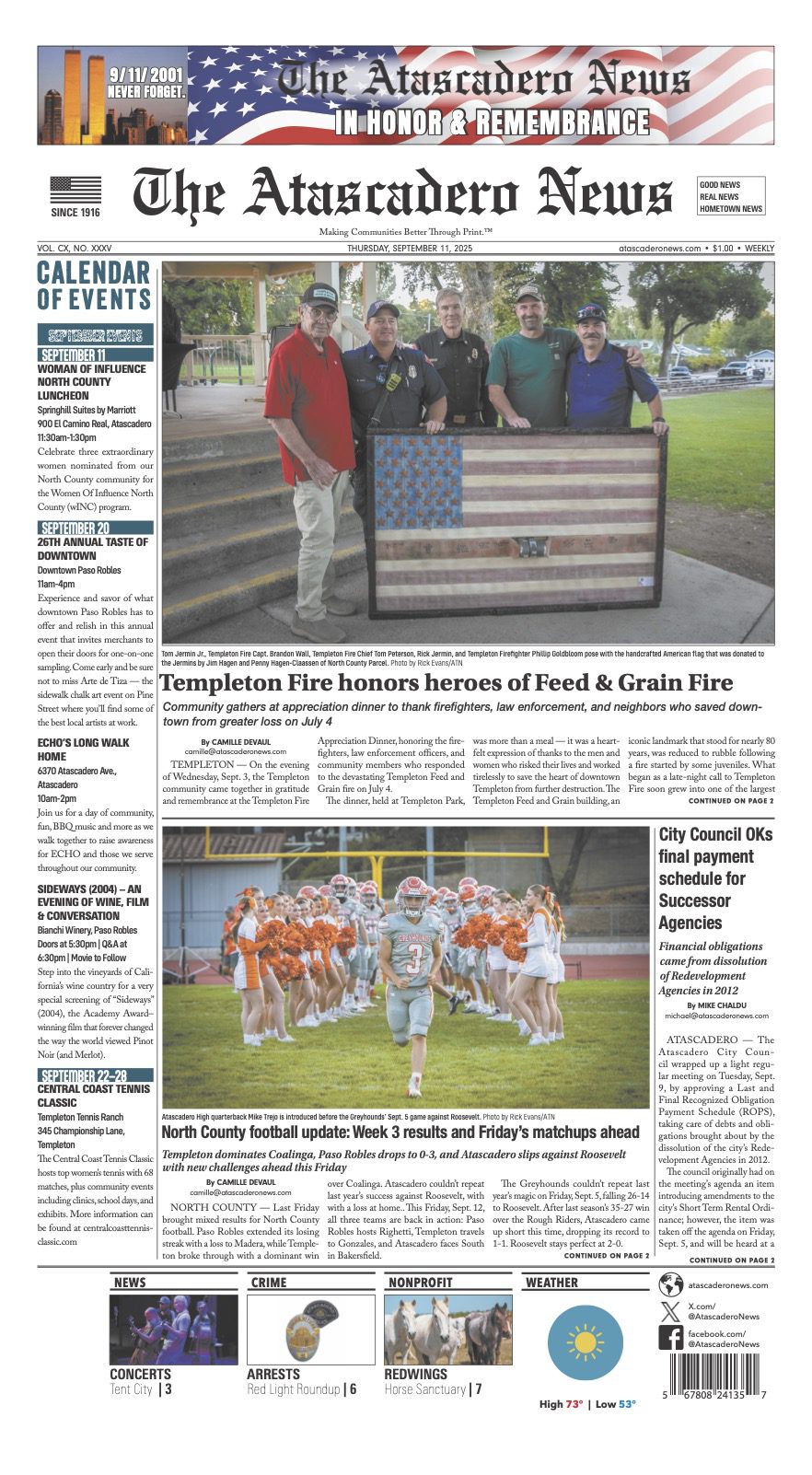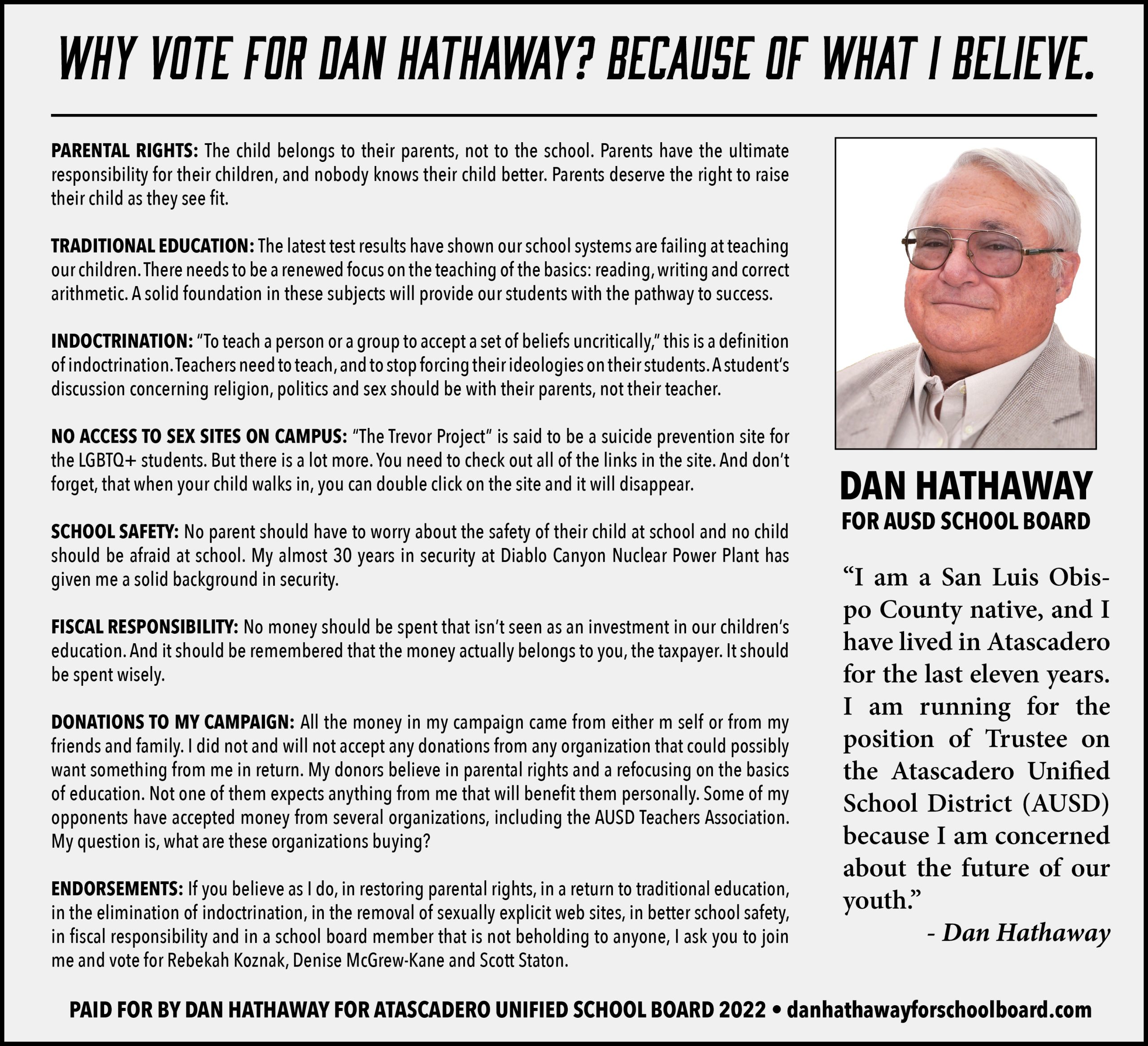As I walk through the Conservation Ambassadors compound, a kookaburra laughs at me, a bottom-heavy black bear bumbles over to greet me, and a lemur perches on my shoulders, making me scramble for a Bucket List selfie.
But, as much as this seems like a scene from a beloved kids show, most of the animals that come through here have a sob story.
An alligator named Spike once belonged to a drug dealer. A spider monkey named Maya was found in an L.A. dumpster. And in a classic “dead mom” Disney storyline, a coyote named Ana was rescued from the womb after her mother was killed by hunters in Utah.
“Every animal has a story,” said Kambria McGrath, director of development here.
Conservation Ambassadors was founded roughly 30 years ago by David Jackson, who once trained dolphins and sea lions for the U.S. Navy. He and his former wife, Anita, had both been trained to teach exotic animals and they wanted to open an animal rescue operation.
Luckily, David’s mother had 40 acres in rural Paso Robles.
“This property has actually been in our family for five generations — 230 years,” said Jackson’s daughter Samantha, who grew up at the center and began officially working there as a 12-year-old dietician years ago.
The center that began with just five animals now has more than 230, including a tiger, alligators, camels, bears, eagles, river otters and rare animals such as the bug-eyed slow loris. Thanks to help from volunteers and food donations from places such as Cal Poly, Albertson’s, and Food 4 Less, the operation is able to keep the animals healthy and happy. Meanwhile, they are trained to provide outreach, educating kids and adults nationwide through the organization’s popular Zoo to You program.
The animals regularly visit schools — more than 300 per year. They also appear at car shows, the Mid-State Fair, fundraisers and private parties. Because they have permits in 38 states, Zoo to You also travels extensively.
The Conservation Ambassadors handlers make clear that the animals are not party favors — they are there to educate. But photos with the animals — say, with a lemur, for instance — are encouraged.
“We want people to fall in love with our animals like we have fallen in love with them,” McGrath said. “Because if they fall in love with them, they’re going to do something about it to help protect them.”
One big fan is actor and former governor Arnold Schwarzenegger, who has the animals attend his private parties, alongside A-list celebs like Sylvester Stallone, Clint Eastwood and director James Cameron. But the animals don’t get star struck — perhaps because they’re stars as well.
Skunks here have appeared on a State Farm commercial. A friendly black bear named Trouble was the inspiration for the character Koda in “Brother Bear,” and movie sound effects experts have used that laughing kookaburra to record jungle noises.
Any time you see animals on “Today,” “The Tonight Show” and “The Late Late Show with James Corden,” they are from Paso Robles. David and Lisa Jackson can frequently be seen on the shows, as they recently were with James Corden and Will Ferrell (appearing as Ron Burgundy, anchorman).
While the Los Angeles Zoo has animals closer to the studios, those animals have not been trained for outreach or travel, Samantha Jackson said.
“Their animals are conditioned to fit in enclosures,” she said. “Travel is stressful for them.”
And you don’t want a stressed-out cougar hanging out with Ron Burgundy.
Samantha has been around exotic animals even before she was born. In fact, while pregnant with Samantha, her mother, Anita, broke her back while training bears.
Luckily, she recovered in time.
“When she went into labor, her water broke at the front gate of the zoo as she was locking up, finishing her day,” Samantha Jackson said.
When Samantha was a year-and-a-half old, they welcomed Jasmine, a week-old Bengal tiger Samantha grew up with until Jasmine died 21 years later.
“We donated her to Cal Poly when she died, so she could teach one more time,” Jackson said.
Lucky to have a chance to visit the center — which is normally closed to the public — I rushed home to spread the word. And I shared that lemur selfie before I could correctly pronounce “kookaburra.”





